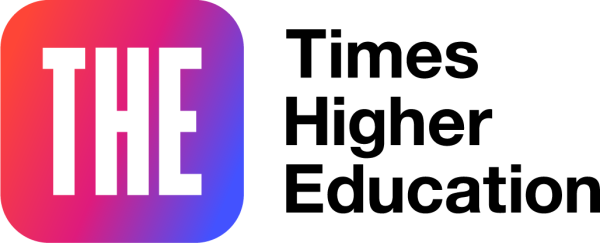
Internet giants have been urged to block advertisements for contract cheating websites by a global alliance of higher education regulators.
The Global Academic Integrity Network (GAIN), representing 40 standards agencies, has written to platforms including Google, X and LinkedIn, urging them to “take a stand and join the fight against academic dishonesty” by blocking links to essay mills, which allow students to pay someone to write an assignment on their behalf.
Many leading sectors have passed laws outlawing contract cheating, including England, Australia, New Zealand and Ireland, as well as several U.S. states—with legislation often explicitly banning the advertising of such services.
But GAIN’s open letter warns that recent years “have witnessed a proliferation in the marketing and promotion of online cheating services across digital platforms.”
It invites internet giants to form a partnership with higher education regulators to review and uphold community guidelines on essay mills, arguing that this would “significantly reduce the visibility and impact of essay mills and contract cheating services and send a powerful message worldwide about the value of legitimate academic achievements.”
Warning that essay mills undermine “students’ learning and their qualifications,” the letter says they have “proliferated across borders and become a global problem.”
“This is not an issue which educators and institutions can tackle alone. It is the shared responsibility of all—from tech companies to regulators, individual higher education institutions and learners—to address this challenge,” the letter says.
“It is only through a more systematic, global approach and unified action that we can hope to enhance and safeguard the integrity of academic quality and qualifications, and protect student well-being and society’s trust in the professions we rely upon.”
Following the passing of England’s law banning contract cheating in 2022, Alex Burghart, who was then the skills minister, wrote to search providers warning them that they would be “facilitating an illegal activity” if they continued to show ads for essay mills.
That same year, the Tertiary Education Quality and Standards Agency (TEQSA) said it had managed to block Australian access to 40 contract cheating websites that were collectively attracting almost half a million visits every month.
TEQSA has founded the new network, along with Quality and Qualifications Ireland. Other member organizations include the U.K.’s Quality Assurance Agency, France’s High Council for the Evaluation of Research and Higher Education, the New Zealand Qualifications Authority, and Canada’s Postsecondary Education Quality Assessment Board.
However, universities are already facing fresh questions about how to protect academic integrity in the age of generative artificial intelligence, amid signs that essay mills are having to shift their business models in the face of more students using the likes of ChatGPT to generate answers that rival the standard on offer from contract cheating sites.

